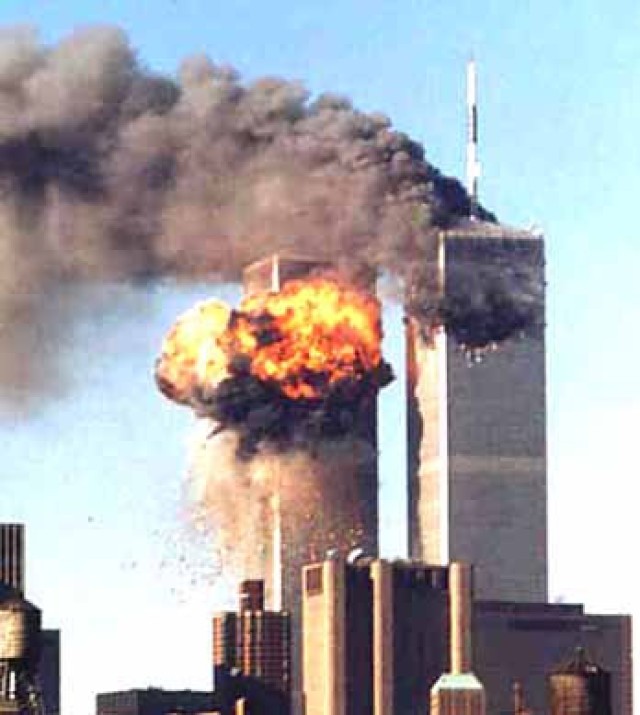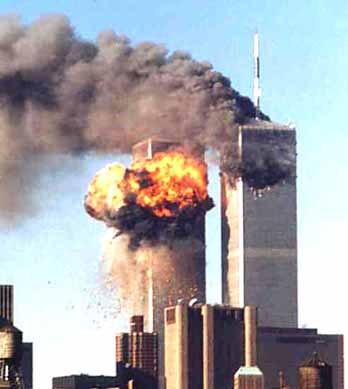
FORT MCPHERSON, Ga. -- Col. Deborah B. Grays, garrison commander, Fort McPherson and Fort Gillem, Ga., has designated February 2009 as Antiterrorism Awareness Month for the Fort McPherson and Fort Gillem, Ga. military community. In today's world, with all the acts of terrorism aggression, that in many cases, are directed against the United States and its citizens, now is the best time to know and take the necessary steps to keep yourself, your workplace, your home and the people closest to you safe and secure.
Here are some of the basic steps everyone can take:
-- Report all suspicious personnel and activity immediately to the Law Enforcement Desk or your local civilian authorities. Let the experts investigate and determine the credibility of the activity. No law enforcement agency will blame you for reporting suspicious activity or a potential criminal act. At Fort McPherson and Fort Gillem, you should receive a call once the situation has been investigated to let you know the status of your report. Be active in your community and work environment criminal watch programs.
-- Keep yourself safe and secure at your home or when shopping, site-seeing or at a sporting or special event. There are simple steps to follow: be aware of your surroundings; keep your car and home secure, even if you leave for a few minutes; and have emergency actions in place in case a situation does occur.
-- When at work, know how to react to an emergency situation. If an emergency occurs, what do your supervisor and co-workers expect from you and when, if at all, should you leave the garrison' These are important questions and should be answered by your supervisor or standard operating procedures in place.
Sometimes observing things after the fact is too late. Just ask the Massachusetts state policeman who pulled over Mohamed Atta (lead terrorist in the Sept. 11, 2001, terrorist attack) for speeding the night before the attack and released him, or the airline ticket agent at Logan Airport in Boston who issued boarding passes to a Sept. 11 terrorist even though, he later admitted, the terrorist looked nervous and a little suspicious.
On the other hand, when an Oklahoma state patrolman stopped a vehicle without a license plate, the driver turned out to be Timothy McVeigh. None of us has the ability to know what other people are thinking or their motives; however, we can report things that don't seem right or individuals who act suspiciously.
Most people associate terrorism with al-Qaida, Hamas or other extremist organizations; however, many recent acts of extreme violence fall under the definition of terrorism. Examples are the shootings at Virginia Tech and Columbine High School. While news reports of acts of extreme violence may state "there is no evidence the incident is terror related," by definition, that isn't true.
Terrorism is defined by Merriam-Webster as "the systematic use of terror, especially as a means of coercion." White supremacists groups, national gangs, the Earth Liberation Front and neo-Nazis are all terrorist groups, and, in many cases, are located only a few miles away.
We as individuals and as members of the U.S. Government must take the necessary steps to keep ourselves safe. An act of terrorism can happen in a second and have lifelong affects. Knowing how to react to a threat or keep yourself and fellow employees out of a potentially dangerous situation are the most important steps you can take. We all have to do our part.
(Editor's note: This story is part one of a four-part series of articles in conjunction with Antiterrorism Awareness Month.)

Social Sharing